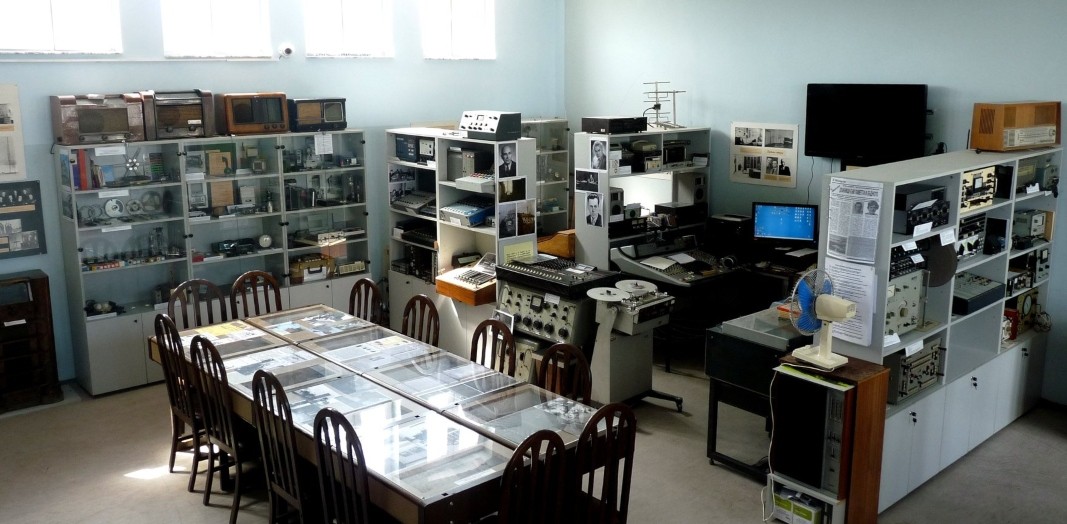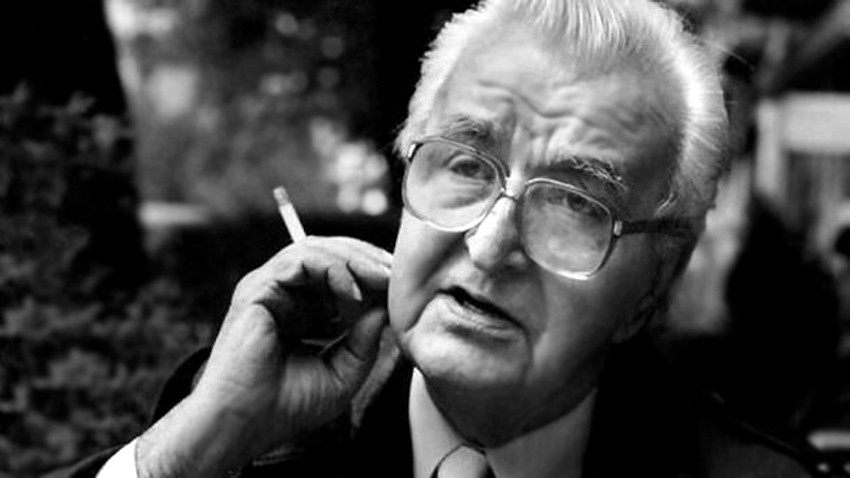On 25 January, 1935 Tsar Boris III signed a decree making radio broadcasting state-owned, and the idea for Radio Sofia to broadcast in different languages came into being several months later. So it came about that on 16 February, 1936 the first transmissions targeted at other countries were launched – in the Bulgarian language, plus news bulletins in Esperanto. And even though the BNR’s foreign-language programmes were only named “Radio Bulgaria” in 1992, it is the year in which the first broadcasts were launched that is considered to be its birthdate.
“From the very outset the engineers, technicians and editors of the radio, with first director Sirak Skitnik regarded it as a means of communication connecting Bulgarians around the world and bringing foreigners information about the country,” says Antoaneta Radoslavova-Doycheva, curator of the Museum of History of Radio in Bulgaria. The technical conditions capable of bringing this idea to fruition were created by engineer Minko Topalov and technician Kosta Adamov who adapted the radio-telegraph transmitter near Sofia’s railway station for shortwave broadcasts.

“In an interview, prominent Bulgarian intellectual Pierre Rouve (Petar Uvaliev) says that the man at the helm of the radio at the time was incredibly imaginative, so he realized that the news, translated for the palace and for other institutions can be read out on the air,” Antoaneta Radoslavova-Doycheva says. “After an audition several announcers were selected – Georges Milchev in French, Ivan Dorev in German, and Pierre Rouve (Peter Uvaliev) himself in Italian. That was how the team which presented the weekly external programmes was formed in 1937.”

To begin with the news broadcasts covered different spheres - culture, economy, sports and folklore, tourist and historical sites. The translator/announcers were no longer anonymous and their names were announced on the air, especially when they read out poetry or folk song lyrics. Interestingly, they wrote the texts for the broadcasts by hand – “in big letters and very legibly”, so as to be able to read them smoothly when they went on the air.
After the communist coup on 9 September, 1944, the broadcasts were transformed to become propaganda of the “socialist way of life”. This propaganda, targeted at other countries, was supervised by the political information department’s “External information” section, which prepared the programme in 15 foreign languages. In 1949 Macedonian-language broadcasts were launched, to “shed light on the traitorous activities of Tito’s clique”, as the terminology of the day went.

Besides news, music was an important element of the foreign-language programmes – all the more so that to begin with, it was performed live.
“The music segment in 1937 started with a 30-minute folk music concert for “the Bulgarians living outside Bulgaria”, Antoaneta Radoslavova says. “The honour to be the first concert announcer fell to singer Ivanka Miteva, a contributor to the radio programme. The concert, specifically targeted at Bulgarians abroad, was probably the result of letters sent by fellow countrymen, for whom folklore was a bond with the country where they were born. Through the years the music changed, and by 1987 when I myself started at the external service’s “Music” department, the broadcasts included all music genres. In his memoirs, the one-time director of the music department Grozdan Hristozov says that by the 1950s, folklore was not the only kind of music played, but also the symphony by César Franck.”

On 31 January, 2012, Radio Bulgaria terminated its shortwave broadcasts and migrated to the Internet. “Still, I am happy the radio’s foreign-language programmes have continued, albeit online, because the policy regarding Bulgarians abroad should be continued,” Antoaneta Radoslavova says.
Photos: archive
Measurement equipment installed at the Bulgarian Antarctic base "St. Kliment Ohridski" has been collecting valuable data on solar activity and its relation to the Earth's magnetic field for two months. The research is part of Bulgaria's first polar..
558 Bulgarians aged 18, selected from 1,785 applicants, will be able to embark on their dream journey by train across Europe, learn from other cultures and build new friendships. They have been selected to receive a free travel pass through the..
In the era of increased digitalization and the penetration of artificial intelligence into all spheres of our lives, the professions of people with high qualifications and higher pay are most at risk of extinction. The least affected are jobs that..
21 February is International Mother Language Day, first proclaimed as such by UNESCO and later adopted by the UN General Assembly. The right to..
Prayer served by His Holiness Bulgarian Patriarch Daniil on February 22, marks the beginning of the celebrations for the consecration of..
In the era of increased digitalization and the penetration of artificial intelligence into all spheres of our lives, the professions of people with high..

+359 2 9336 661
